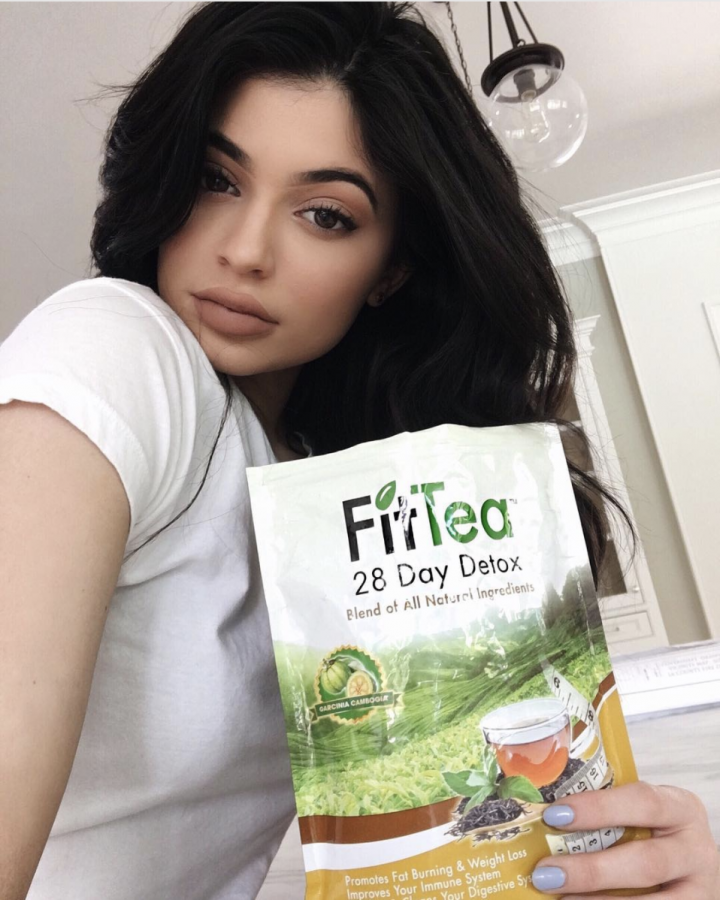Scrolling through the Instagram Explore page will surely provide you with an onslaught of pretty faces and toned bodies, photoshopped or otherwise. The self-image people strive for often seems unachievable. But nothing could stop young people from trying to close the gap between themselves and those peskily beautiful models we see dominating social media.
“I feel like there is a placebo effect taking place,” said Steinhardt sophomore Rishel Qi, who studies communicative sciences and disorders. “You want to believe this is how celebrities get to be the way they are, which makes you fall into a trap of buying overpriced supplements.”
You know the products she’s referring to — Flat Tummy Tea, Sugar Bear Hair Gummies and appetite-suppressing lollipops — but do they work? Endorsed by those with a devoted Instagram following including the Kardashians, Tammy Hembrow, Cardi B and Vanessa Hudgens, these brands seem to have become the gateway to an appearance similar to what these public figures have. However, are these adverts genuine or just a paid partnership?
“I believe these products may have chemicals known to produce the desired effects, but they are overpriced and overhyped,” CAS sophomore, Mayuranki De said. “I think they’re only bought because of celebrity advertisement. Also, the concentration of the biotin or cleansing ingredients is not high. They won’t work to the full effect.”
The issues with these products don’t just stem from the quality, but also the principles they perpetuate. Many customers are guided by advertisements that evoke aspiration when buying the product, inevitably adding to body-image obsessions.
“You can’t just rely on dietary supplements on their own, a good diet has to be paired with it,” Steinhardt sophomore Hee Ju Park said. “I think people see celebrities with good bodies they are so caught up in being them that they don’t realize what they are getting into.”
Beyond questioning these products’ validities, these products only catapult us further into society’s obsessions surrounding self-image and appearance. Using celebrities whose images are often given a computer-generated facelift and full glam might be irresponsible on part of these companies. And although it may not be the direct intention, these companies are implying that the enhanced bodies that represent them are what society should aim to achieve.
Email Joanna Pisacone at [email protected].























































































































































